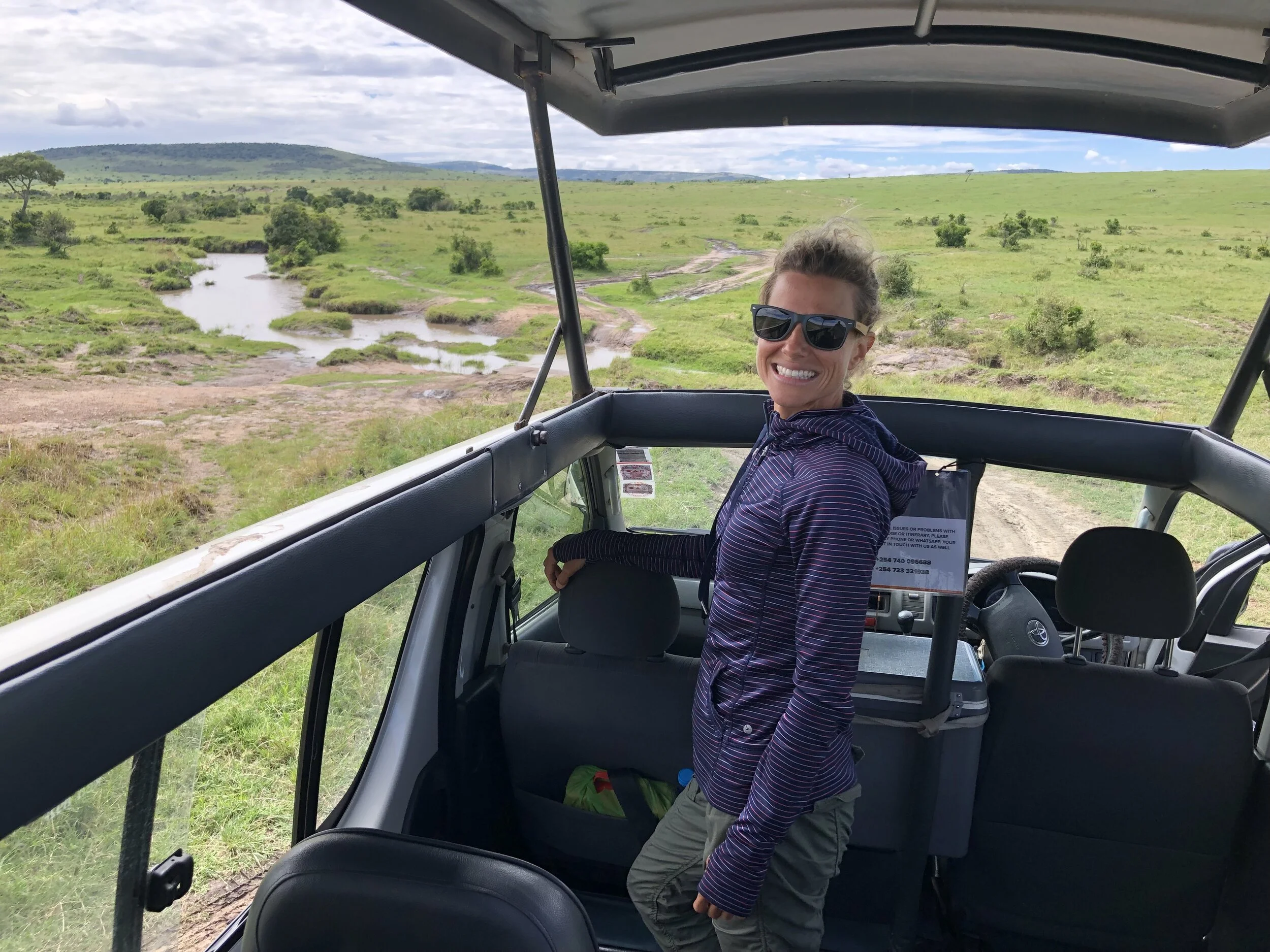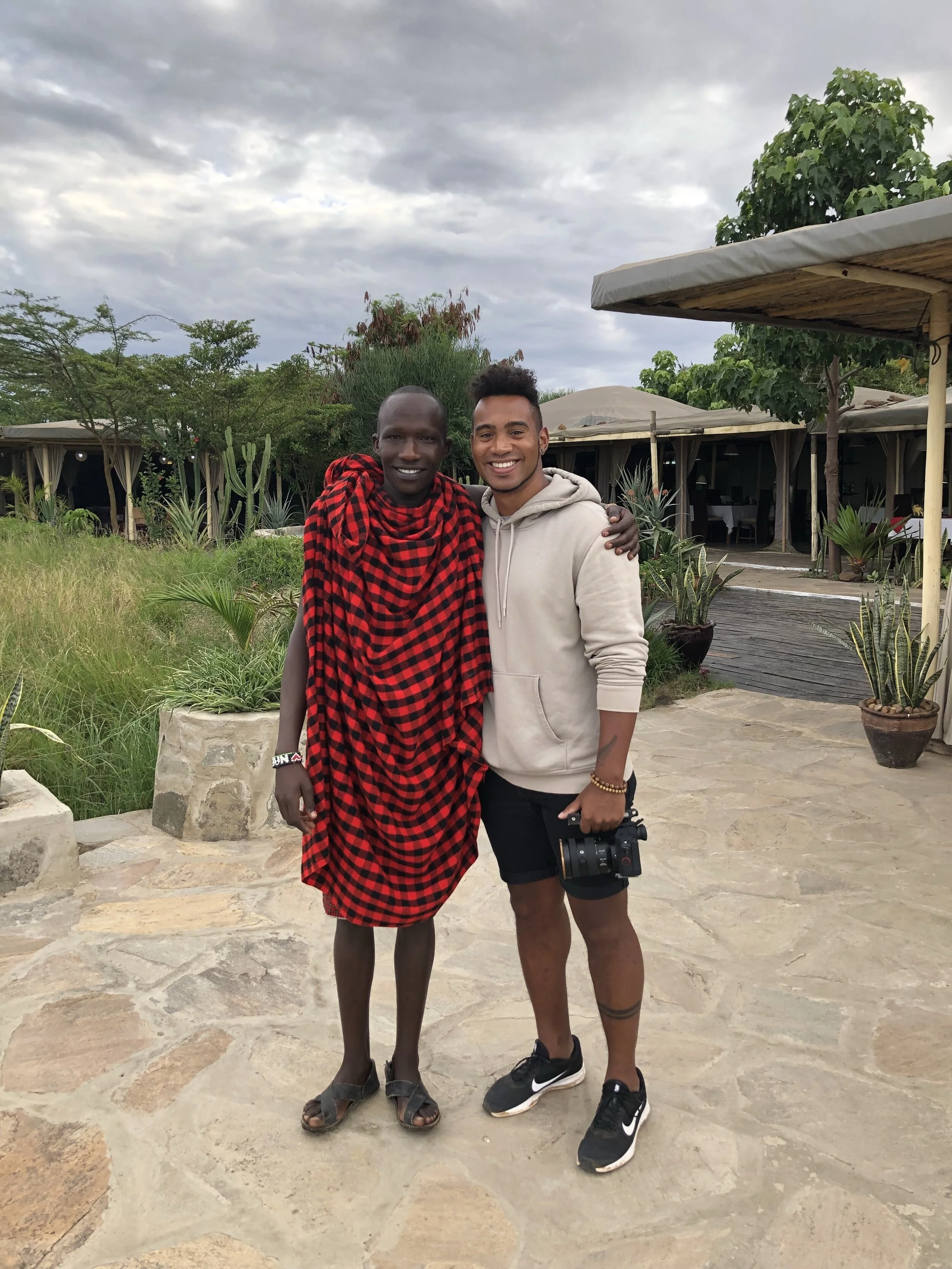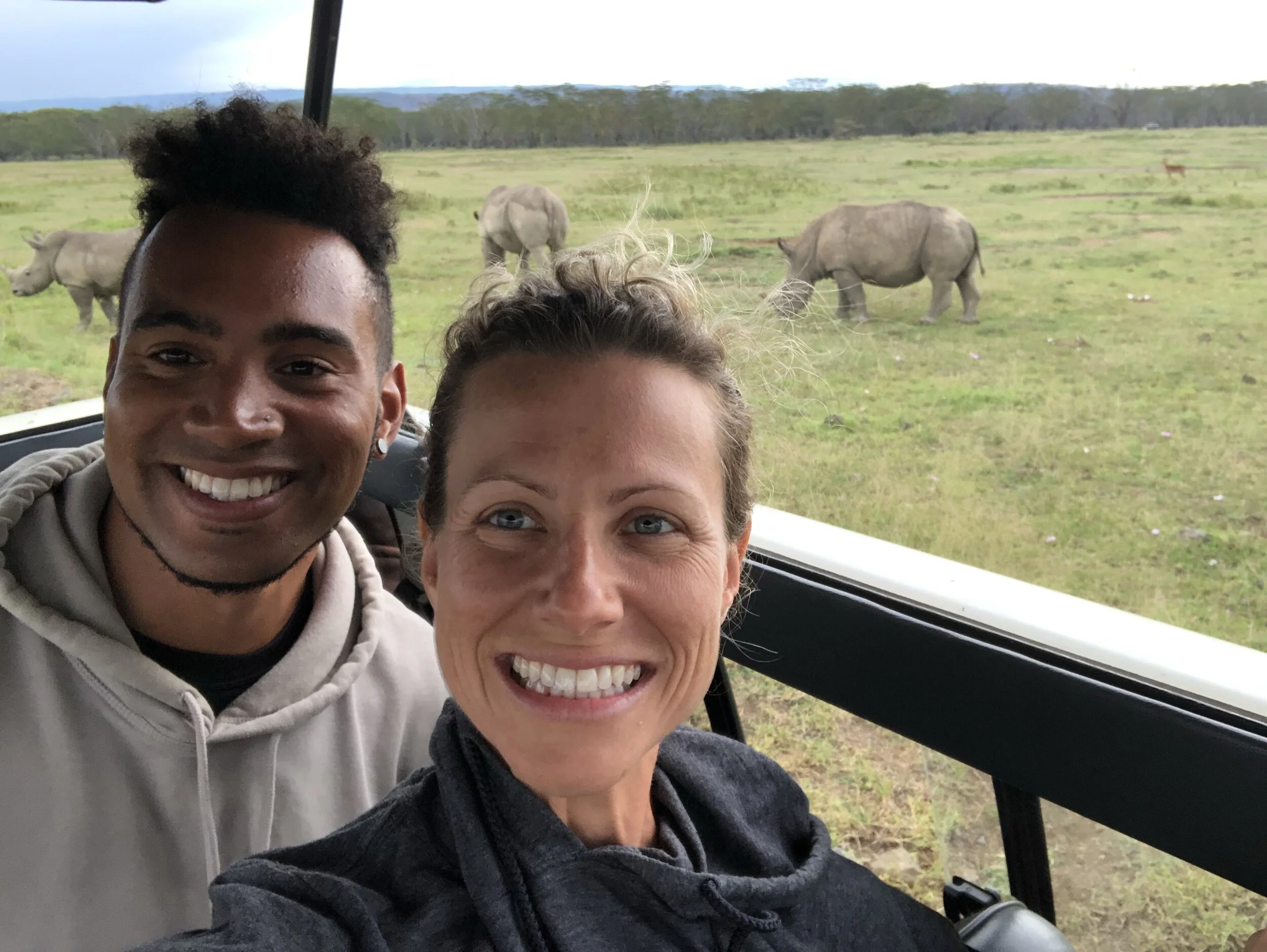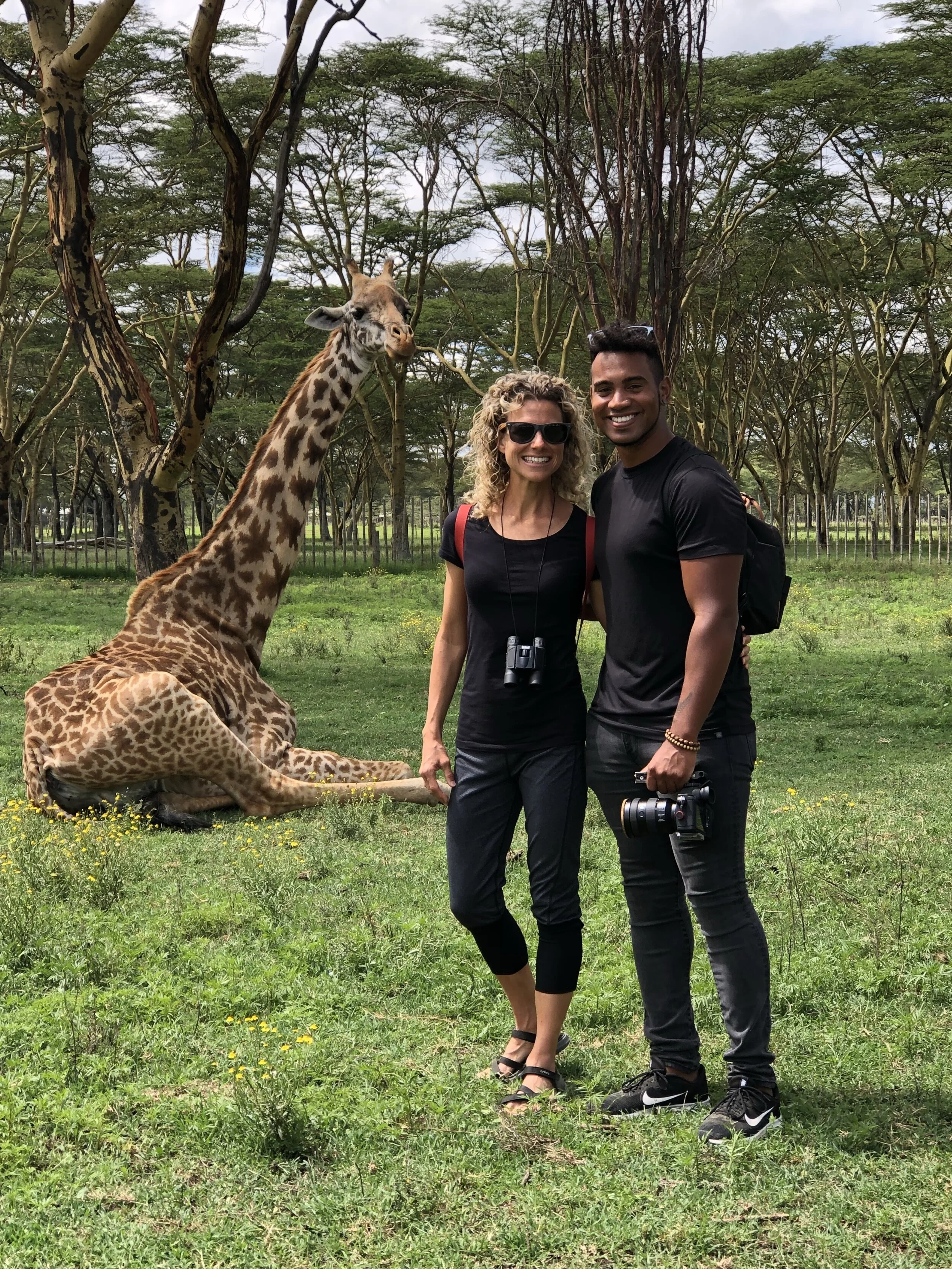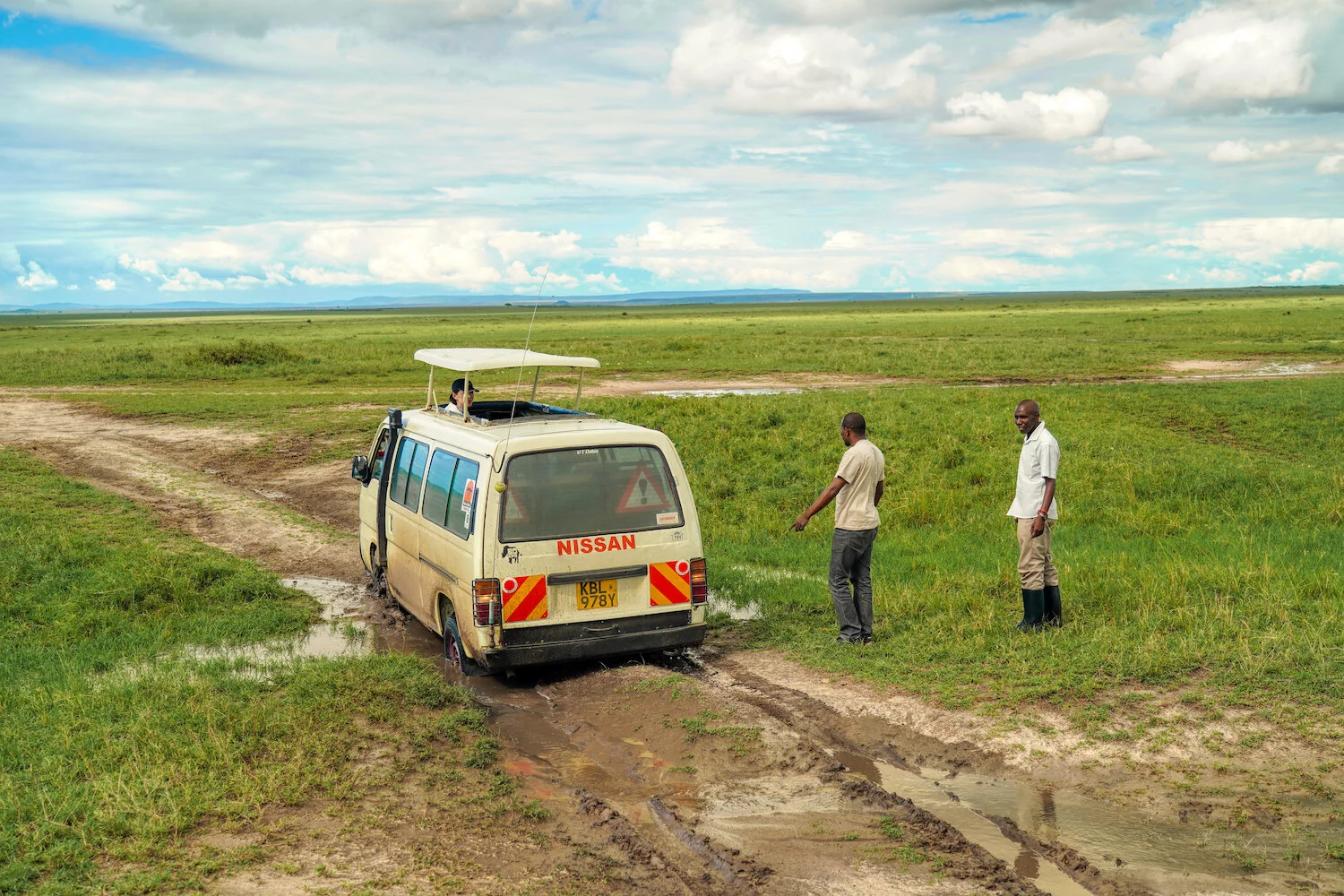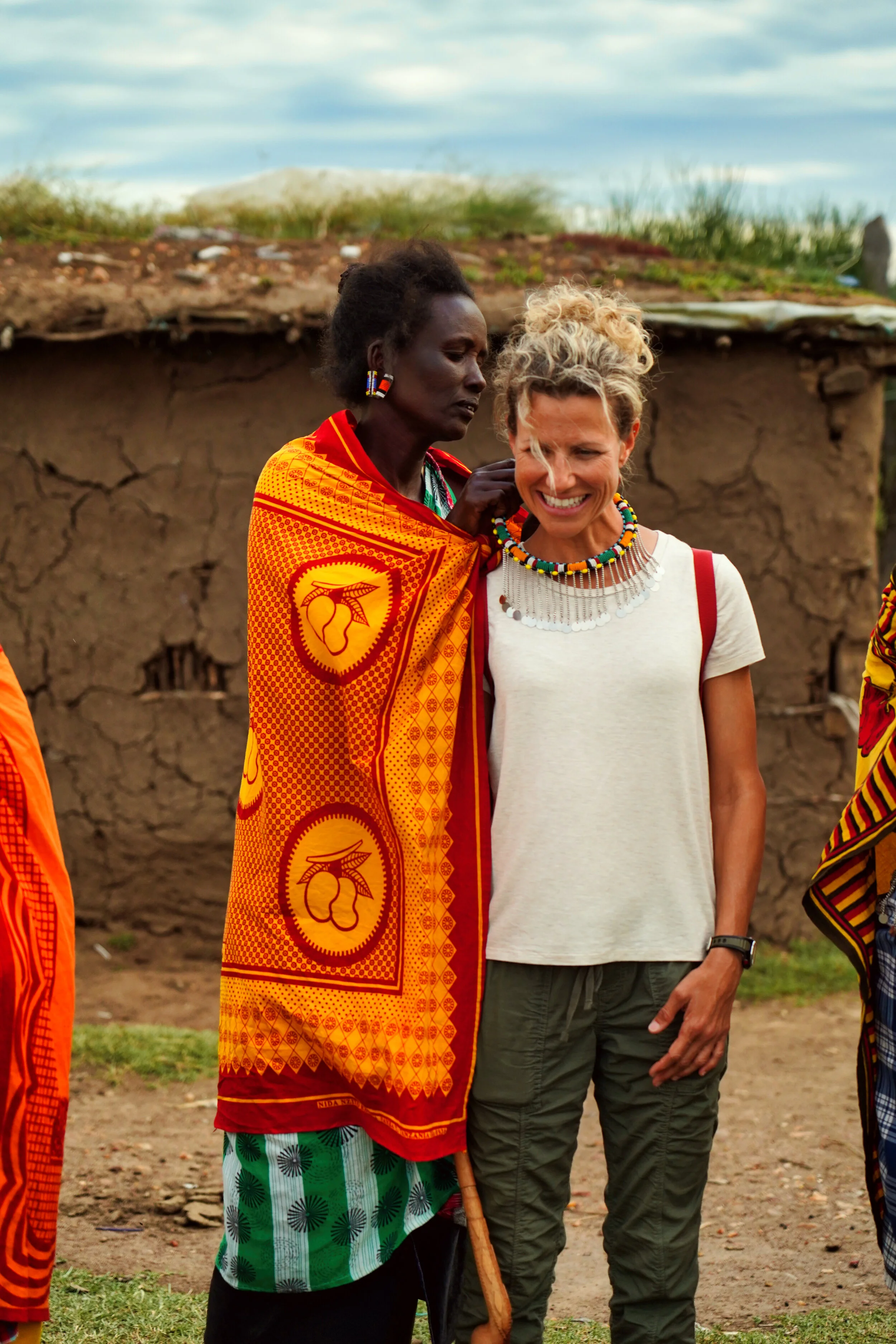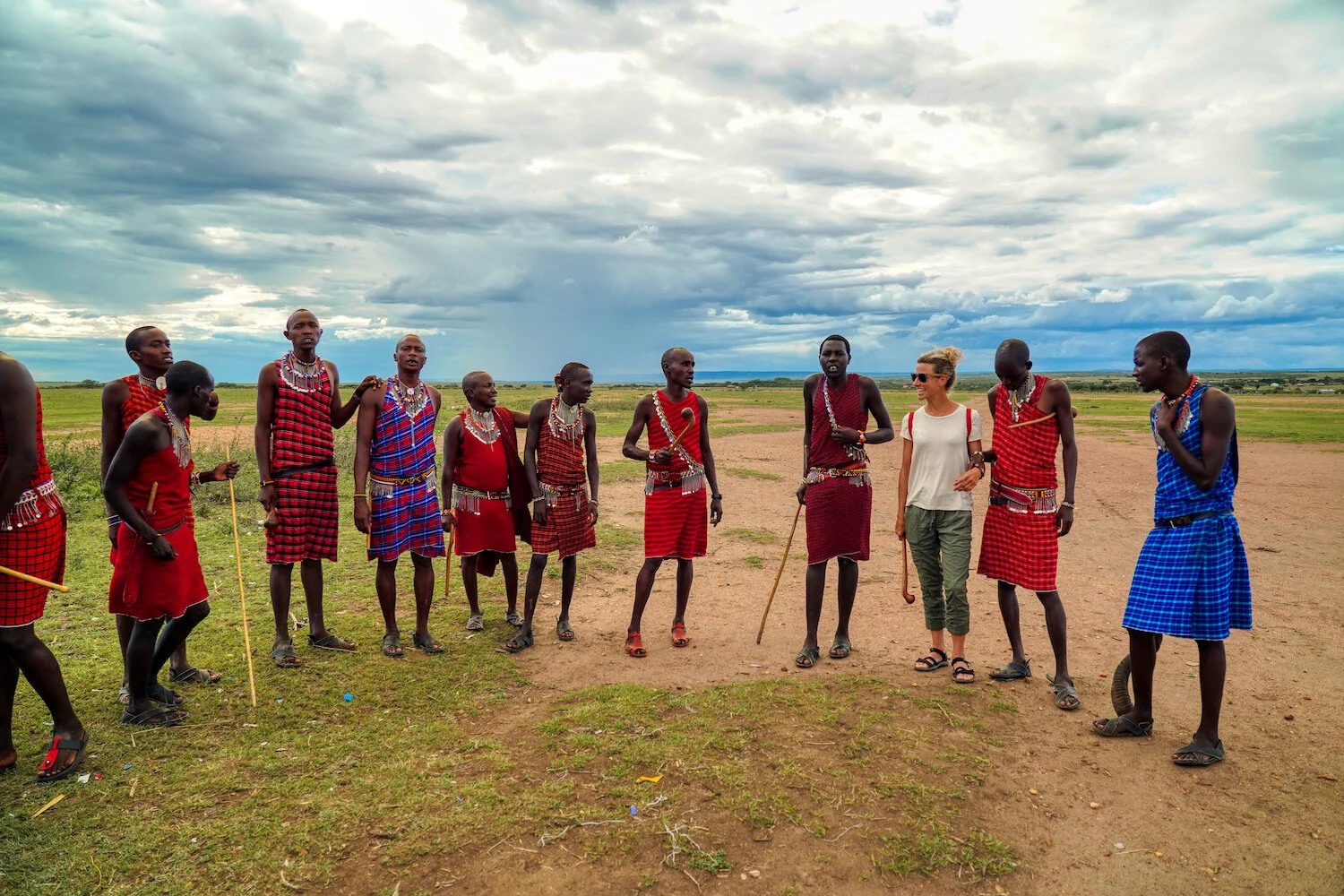Safari Packing 101
Packing for a safari is not a complicated endeavor. The animals are the main attraction and you’re there to watch them. It’s not a trip to see and be seen. I promise you, the animals don’t mind what you’re wearing. However, if it’s your first safari I do offer some packing tips. There are a few articles of clothing and other essentials that you’ll definiltey want during your safari.
A hoodie is probably the most important piece of clothing you can pack .
This was my third time to Sub-Sahara Africa and my second safari so I’m learning what you do and don’t need on a safari. Here are some notes I took.
WHAT TO PACK
As you can imagine, most safaris are very casual. I’ve found pants or 3/4 length pants the best. Shorts can be too cold for the early morning drive. T-shirts or lightweight long-sleeved shirts are perfect for midday. It’s never been scorching hot the times I’ve been to Africa so tank tops and sleeveless shirts aren’t practical.
Go with dark colored clothing. You most likely will be rewearing some clothes and your vehicle can get muddy so dark colored clothing is best. At a bathroom break I saw a woman dressed in all white with wedged sneakers. Although she looked cute, it was totally impractical. The bathroom facility was outside and it had rained the day before so everything was muddy and we had to squat in a hole to use the bathroom. Wearing that white outfit wasn’t the best choice after all!
Closed toe shoes, preferably sneakers, are ideal. I know, I know, in the cover photo for this blog you’ll see I’m wearing sandals. Not the smartest choice. Although the sandals were fine during our game drives, this particular day we went on a nature walk and trekked through some high grass which had stinging nettles. I had to be very careful where I walked so I definitely recommend closed toe shoes.
A fleece or hoodie is essential on a safari. You often start the day with an early morning game drive and it’s rather chilly at that time of day. You definitely need a fleece or sweatshirt and I recommend one with a hood. If you stand up in the pop-up roof with the wind blowing it gets cold. Evenings are also cool so that fleece/sweatshirt often comes in handy.
Sunglasses are always good to have. Since they’re easy to pack, why not?
Safari hats are actually not an essential item. I brought a safari hat on both safaris and I hardly used it. Unless you’re going on a walking safari, you’re mainly in the vehicle so a hat isn’t that critical. If you want it to finish the “safari look”, then by all means pack one!
Skip the hat but pack the binoculars! Sometimes you’re lucky and you’ll get close to the animals but that’s not always the case. A GOOD pair of binoculars is something you’ll want to have, promise. If you’re traveling with a large group pack more than one pair.
Like binoculars, a long zoom lens is nice to have for your camera. You’ll see a lot of photographers with super long lenses and I know they’re getting great photos. If you’re serious about your photos and up close animal photos is important to you then you can look into renting a lens from a camera store before your trip.
A headlamp is another essential item to pack for your safari. Bet you didn’t think of that! You won’t use it on the game drives but if you’re camping or staying in a tented lodge, nights can get dark. Having a headlamp for nighttime and early mornings is a useful thing to strap to your head when you’re getting ready for bed or for the day ahead. Trust me on this!
Wipes is another smart item to pack and bring with you on your game drive. I can’t reiterate how muddy your vehicle may become so you’ll want wipes to clean your hands, the seats, or even your clothing. Anti-bacterial soap is also smart to have for picnic lunches in the middle of a national park.
Backpacks are always useful. You’ll want to keep your binoculars, camera gear, sunglasses, anti bacterial soap, wipes and snacks all in one place.
You most likely won’t go hungry on a safari but snacks never hurt. Sometimes you leave for a game drive at 6am and don’t return for lunch until 2pm. That’s a long time without food. I always bring a few snacks with me during the game drives, whether it’s fruit I took from breakfast or snacks I brought from home.
Some lodges have pools so a swimsuit may come in handy.
Cash!!! Bring a lot of small bills because you’ll need them for tips. Each lodge has porters whom take your bags to your rooms. Some excursions have guides other than your usual safari guide. There are a lot of waitstaff at the different places you’ll stay. You will want to tip all these people so having cash on hand is a must. Most currencies are happily accepted.
If you have room in your suitcase, you can bring small items for the kids in the villages. School supplies, first aid and health items, toys and clothing are always appreciated. If you stop at a supermarket buy a large pack of cookies/biscuits to hand out to the children. Make sure you have enough for everyone! Another great idea is to pack old clothes for yourself while on safari and at the end of your trip you can donate the clothing to a local charity or school.
WHAT NOT TO PACK
No need to bring anything fancy. Even if you booked a luxury safari, it most likely will still be casual. No heels, dresses or jewelry.
Leave your designer watch and sunglasses at home. When I went to the Masaai village they looked at my Target brand watch and asked if they could have it. If they’re interested in my cheap watch, a luxury watch will be even more desirable.
Skip a purse and bring a backpack or hip bag instead.
Although I usually travel with a reusable water bottle, it’s not necessary on your safari because you can only drink bottled water.
If you’re going on a safari with several people bring a soft sided duffle bag instead of a suitcase. It’s easier to shove into a packed car. Hard case suitcases are not practical.
NO drone. We brought a drone and had to leave it at the Nairobi airport. Drones are not allowed and they check your suitcase before leaving the airport so it will get confiscated. We were able to pick up our drone only ONE hour before flying out of Kenya so it was a hassle and a bit stressful. Unless you have a special permit, leave the drone at home! Besides South Africa, most countries in Africa don’t allow them.

